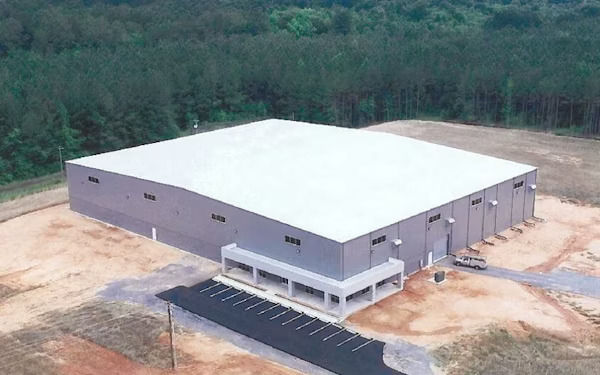The Historic and Spiritual Legacy of Wesson Presbyterian Church
- Jun 20, 2025
- 2 min read
Special to Wesson News

Wesson Presbyterian Church stands as one of the most historically significant landmarks in Copiah County, Mississippi. Established in 1871 by Captain William Oliver, the church was born out of the early industrial and civic life of Wesson. Captain Oliver, who managed the Mississippi Mills—the textile operation that transformed the town into a thriving center of manufacturing—was instrumental in founding the church to serve the spiritual needs of mill workers and their families. From the beginning, the church was not only a place of worship but also a gathering point for a growing and industrious community.
The building itself is a prime example of Carpenter Gothic architecture, a style characterized by its wood-frame structure, steep gables, and pointed arch windows. These design elements, influenced by the larger Gothic Revival movement of the 19th century, gave rural American churches a sense of dignity and craftsmanship while remaining accessible and functional. The simplicity and symmetry of the church’s design reflect both the aesthetic tastes and practical sensibilities of the time. Despite the passage of more than 150 years, much of the original structure remains intact, bearing quiet witness to the town’s heritage.
Over the decades, Wesson Presbyterian Church became deeply woven into the life of the town. Generations of families passed through its doors for Sunday worship, weddings, baptisms, and funerals. It stood through the economic rise and fall of the Mississippi Mills and continued to serve even as Wesson evolved into a quieter, more residential community.
In recognition of its cultural and architectural importance, the church was added to the National Register of Historic Places on January 14, 2015. This formal designation marked an important step in preserving the structure and honoring its role in both local and state history.
A major turning point in the church’s more recent story came in 2020, when George T. Mercier Jr.—a devoted elder and long-time clerk of the session—gifted the building to Copiah-Lincoln Community College. Mercier’s decision reflected a deep personal connection to the church and a desire to see its legacy live on through education and service. In conjunction with the gift, a memorial fund was established in honor of his late wife, Dorothy Ragland Mercier. The Dorothy Ragland Mercier Memorial Fund is administered through the Co-Lin Foundation, with contributions supporting the preservation and future use of the church building.
Today, while the church no longer holds regular services, it remains a meaningful presence in Wesson. Its location near the heart of town and its connection to both spiritual and educational institutions make it a bridge between Wesson’s past and its future. Visitors can still admire the building’s architectural beauty and reflect on the role it played in shaping the lives of so many in the community.
Wesson Presbyterian Church endures not only as a structure of wood and glass but as a living story of faith, generosity, and historical memory. From its founding days under Captain Oliver to its present stewardship under Co-Lin, the church continues to represent the values that built the town itself—faith, resilience, and a deep sense of place.





Comments